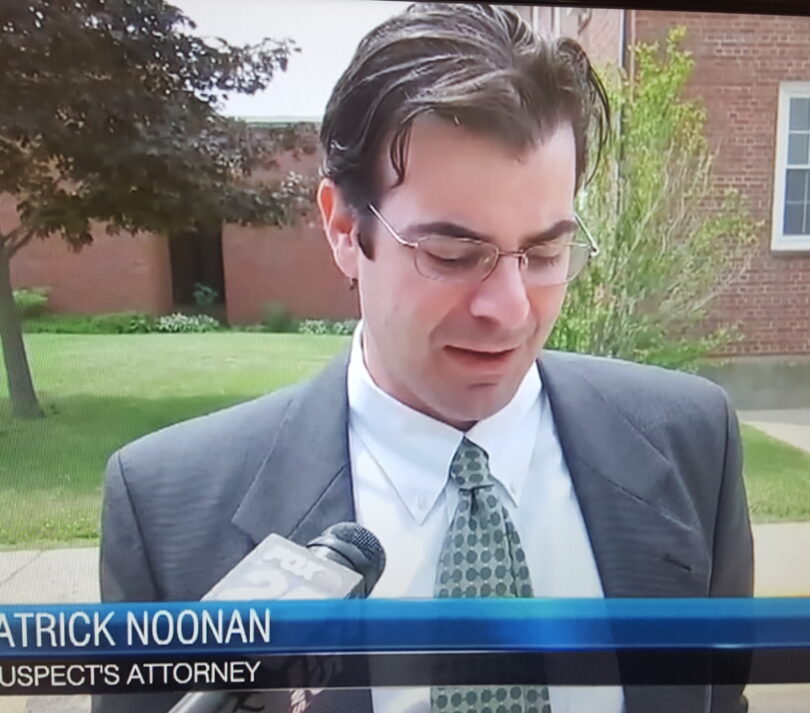Brockton District Court
IN A LANDMARK DECISION, ATTORNEY PATRICK J. NOONAN PROVES THAT AUXILIARY POLICE OFFICERS LACK AUTHORITY TO STOP THE DEFENDANT’S VEHICLE, SEARCH HIM, AND SEIZE HIM. THIS CASE WAS FEATURED IN LAWYER’S WEEKLY PUBLICATION FOR ITS SIGNIFICANCE.
Defendant was operating his vehicle in the town of Whitman. Two Auxiliary Police Officers (APOs) were stationed in marked police cruisers conducting radar patrol. The APOs clocked the Defendant’s speed as 53 MPH in a 35 MPH zone. The APOs stopped the Defendant’s vehicle. The APOs suspected that the Defendant had been drinking and questioned him regarding his alcohol consumption. The APOs looked into the vehicle and observed alcoholic beverages in plain view. The APOs detained the Defendant at the scene while they contacted a sworn police officer to arrive to the scene. The sworn police officer arrived, conducted an investigation, questioned the defendant, and administered field-sobriety tests. The sworn police officer arrested the Defendant for Operating under the Influence of Liquor.
Result: Attorney Patrick J. Noonan filed a motion-to-suppress evidence resulting from the stop of the Defendant’s motor vehicle. Attorney Noonan argued that the Auxiliary Police Officers (APOs) did not have authority to effectuate motor vehicle stops, to seize or detain citizens, or to conduct searches. After conducting exhaustive research, Attorney Noonan presented evidence that there was no legal authority, which authorizes APOs to conduct traffic stops. Attorney Noonan made a request to the Whitman Police Department and the Town of Whitman for any written policies and procedures regarding APOs, but the Police Department and the Town did not produce any written policies defining the scope, duties, responsibilities, or powers of APOs. The Brockton District Court agreed with Attorney Noonan and found that the APOs lacked this authority and suppressed all evidence derived from the motor vehicle stop. This was a huge decision because many Police Departments, as part of a longstanding practice, have utilized APOs who play active roles in police investigations, but their powers were never examined. This case was featured in Massachusetts Lawyers Weekly. “Defense duo shines light on renegade auxiliary cops.”



